A VA mortgage is a home loan program backed by the U.S. Department of Veterans Affairs (VA). This means the VA guarantees a portion of the loan to private lenders, like banks and mortgage companies.
VA loans are mortgages designed for active-duty service members, veterans, eligible surviving spouses, National Guard, and Reservists. The Department of Veterans Affairs guarantees these loans, making them less risky and more attractive to lenders, so in turn they can offer veterans more favorable terms compared to traditional home loans.

VA loans come packed with advantages that can significantly ease the burden of buying a home:
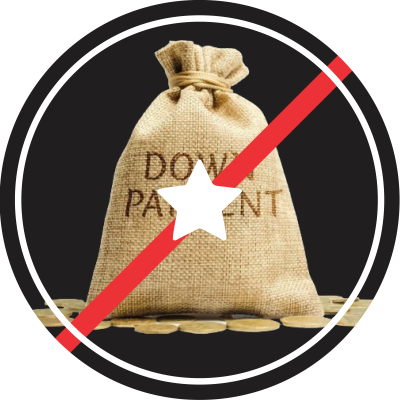
VA loans don’t require a down payment, making it easier for veterans to buy homes. Unlike conventional loans, VA loans often allow you to purchase a home with little to no money down.
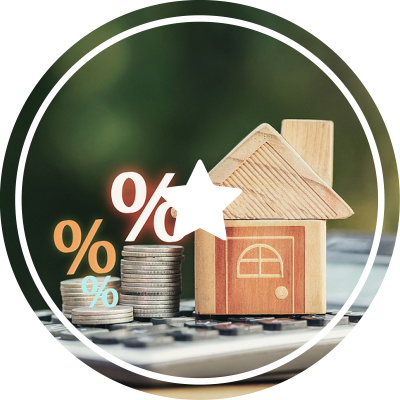
Current VA home loan rates are usually much lower than conventional mortgage rates. This translates to lower monthly payments and significant savings.

PMI is an additional monthly fee required for conventional loans with a down payment less than 20%. Mortgage Insurance Premium (MIP) is also an additional monthly fee required for FHA loans. VA loans don’t have this expense reducing a big portion of monthly payments.
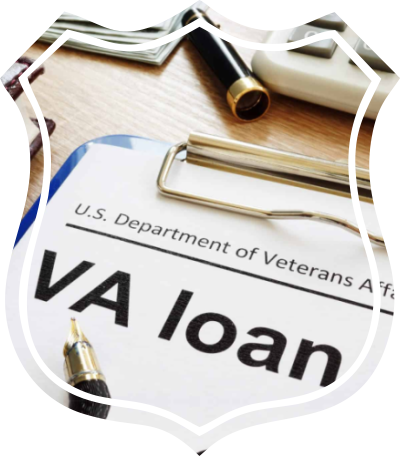
To be eligible for a VA housing loan, you must meet specific VA loan eligibility service requirements. Generally, you must have served on active duty for a certain period or be a National Guard or Reserve member. Additionally, you must have a decent credit score and a debt-to-income ratio (DTI) that falls within acceptable limits. DTI is the percentage of your gross monthly income that goes towards debt payments.
Borrowers must meet specific va home loan requirements:
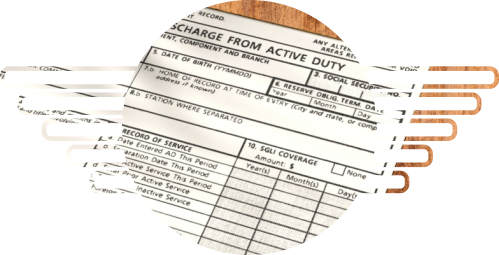
This document verifies your military service and discharge status (DD Form 214).
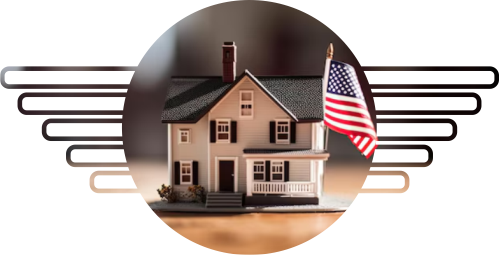
To simplify the process, the Department of Veterans Affairs created a Certificate of Eligibility (COE). This document verifies your military service and confirms your entitlement to a VA loan. You can obtain your COE online through the VA website.

Veterans, active-duty service members, and certain members of the National Guard and Reserves must meet minimum service requirements.
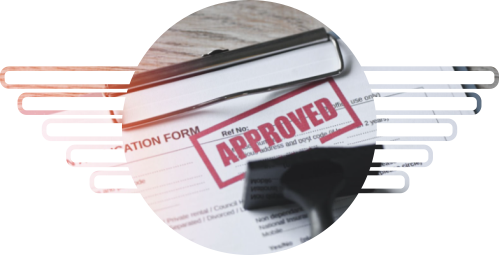
Paystubs, W2s, tax returns, award letters, bank statements, etc, will be used to assess your income and ability to repay the loan.
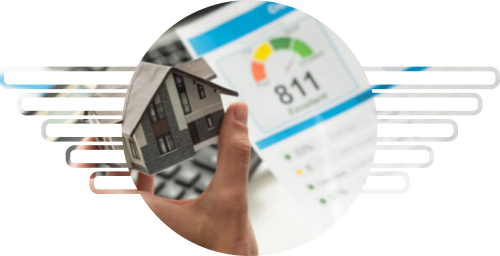
Your credit score will be a factor in determining your loan terms and interest rate. The minimum credit score requirement is 620.
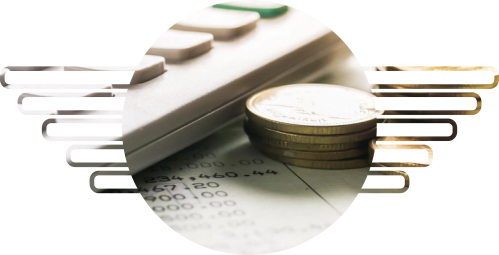
It is used to ensure you can afford mortgage payments. VA loans have the most lenient DTI requirements than any other type of loan.
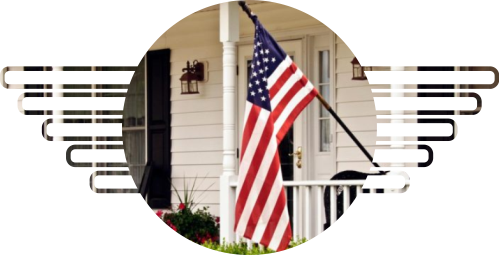
VA loans can only be used for primary residences, but similar to FHA loans, they also must meet certain safety standards.
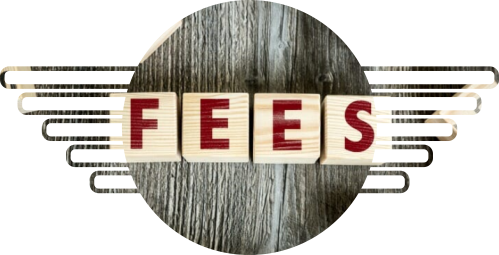
VA loans may have an upfront funding fee, which is normally included in the loan amount.
The following table shows the current VA funding fee rates on purchase loans for Veterans, active military, Reserves, and National Guard members.
| Down Payment | First-Time VA Loan Use | Subsequent VA Loan Use |
|---|---|---|
| No Down Payment | 2.15% | 3.3% |
| 5% or more | 3.3% | 3.3% |
| 10% or more | 3.3% | 3.3% |

The 2024 VA Funding Fee for Cash-Out Refinance Loans is 2.15% for first use, and 3.3% after the first use. Unless otherwise exempt, the VA funding fee for borrowers using the VA streamline refinance (IRRRL) is 0.5% regardless of service history or prior usage.


Lenders will usually check your Certificate of Eligibility (COE) or a Verification of VA Benefits (think of it as a VA funding fee exemption form). Some situations can be tricky, and only the VA can decide who doesn’t have to pay.
What If I Already Paid? If you paid the fee but later received disability compensation, you might be able to get your money back.
VA loans offer different options to fit your specific needs:
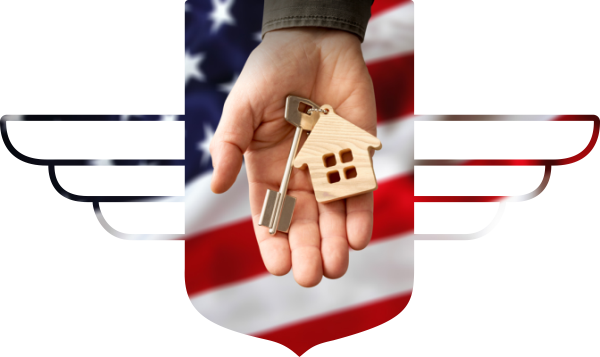
These are the most common type of VA loan, used to finance the purchase of a new or existing home.

This option allows you to tap into your home equity by converting it to cash. You can use the funds for various purposes, such as debt consolidation, home improvements, or educational expenses.
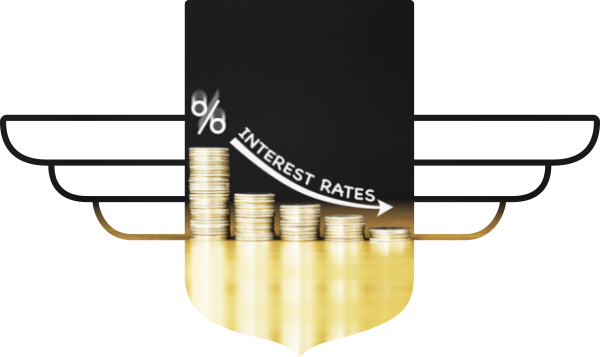
Also known as a streamlined refinance loan, this option allows you to refinance your existing VA loan to secure a lower interest rate and potentially lower your monthly payment

It’s essential to stay informed about current VA loan rates, as they can fluctuate daily. Veterans should monitor trends and consult with lenders to secure the best rates available.
With a VA loan, we can offer you the best interest rates. Eligible veterans and service members generally find that VA home loan rates are much lower than conventional mortgage rates.
VA loan limits no longer apply to qualified Veterans with their full VA loan entitlement. The limits do not capitalize on the amount you can borrow but set the maximum amount you can finance without any down payment.
As of 2020, veterans, reservists, surviving spouses, and active duty members are not subject to any limit. Therefore, every qualified borrower with full entitlement can purchase a property that exceeds the conforming loan limit.


VA Loans restrict property usage to your primary residence. You cannot use them for second homes or investment properties.

Generally speaking, VA loan interest rates are substantially lower than Conventional loan interest rates. The only negative to a VA loan is the funding fee.

If you are buying a primary residence, and have a smaller down payment (less than 20%), the VA loan’s lower interest rate and no PMI can outweigh the VA funding fee. If you have a high credit score and can swing a 20% down payment, a conventional loan might be a good option because you’d avoid both the VA funding fee and PMI.

The best way to pick your winner is to compare rates and terms for both options. Your Bluecastle Lending loan officer will set up both loan options in your portal. This will help you decide which loan offers the most significant financial benefit for your situation.

VA loans offer a pathway to homeownership for veterans, providing numerous benefits and favorable terms. By understanding VA loan requirements, using resources like getting approved before starting to look for houses, and using a VA calculator with current VA mortgage rates, veterans can embark on their homeownership journey confidently.
If you’re a veteran dreaming of owning a home, a VA loan option could make that dream a reality. They are much cheaper than rent, and likely, with our Closing Cost Assistance Program for Veterans you will likely need much less money out of pocket than first, last, and security.